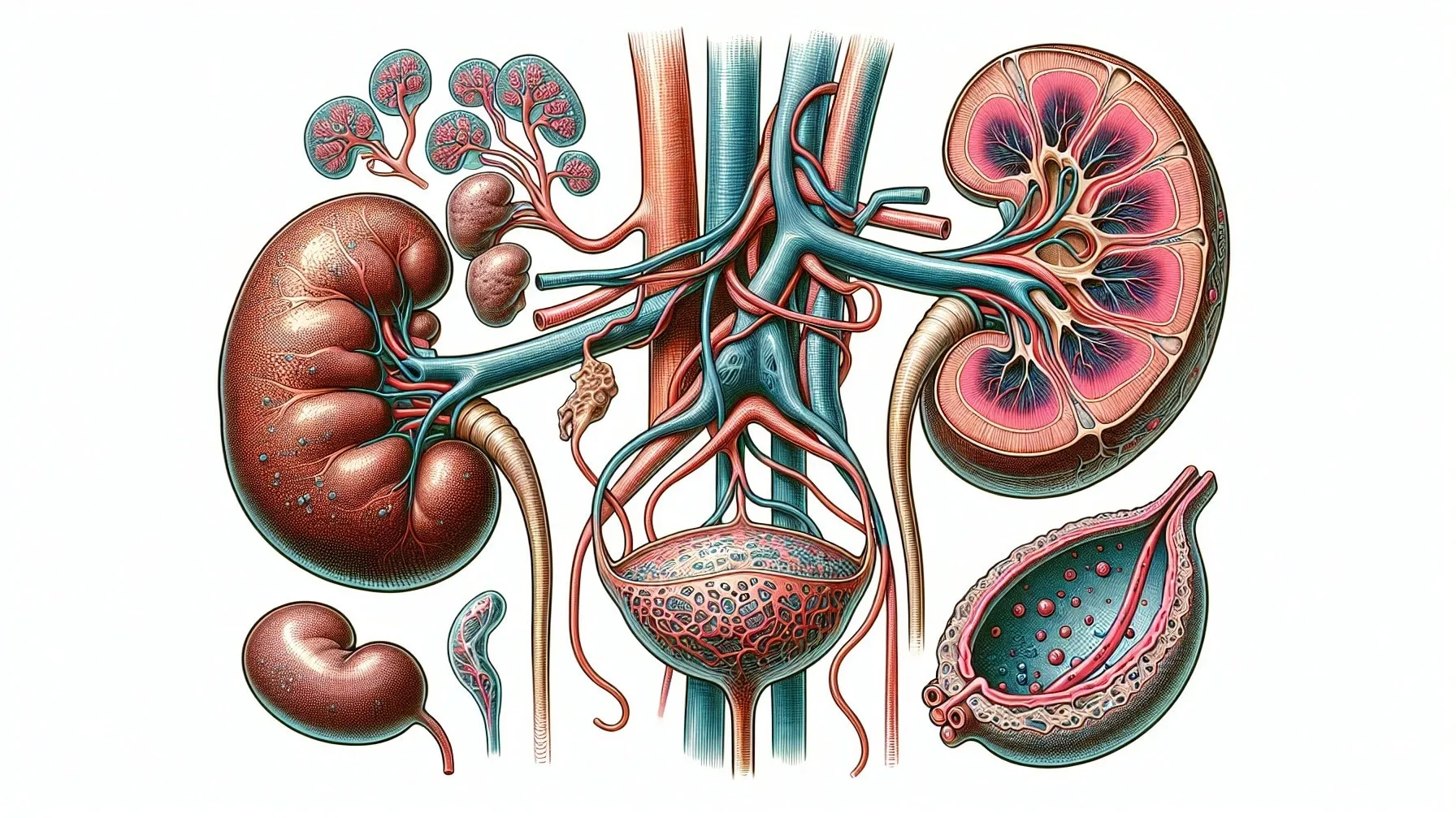Transcriptomics and Diagnostics: A New Era in Bladder and Prostate Cancer Detection

Understanding Transcriptomics in Cancer
Transcriptomics focuses on the analysis of RNA molecules to uncover gene activity within cells. It provides a wealth of data that can inform diagnostic processes for various cancers, including bladder, kidney, and prostate carcinoma. By leveraging urinalysis and blood samples, researchers can detect cancer through gene expression metrics that reflect tumor metabolism.
Application in Non-Invasive Testing
Traditionally, biopsies and invasive methods are employed to diagnose cancer, posing risks and discomfort to patients. The potential of transcriptomics in providing a non-invasive alternative is significant. Through analyzing the metabolome and RNA profiles found in bodily fluids, doctors can ascertain cancer presence more safely and effectively.
- Non-invasive diagnostics reduce patient risk.
- Increased accuracy in detecting carcinoma.
- Opportunity for early intervention.
Advancements in Cancer Detection
Recent studies have illustrated the efficacy of transcriptomic biomarkers in distinguishing between benign and malignant tumors. These advancements pave the way for improved patient outcomes through early detection.
This article was prepared using information from open sources in accordance with the principles of Ethical Policy. The editorial team is not responsible for absolute accuracy, as it relies on data from the sources referenced.